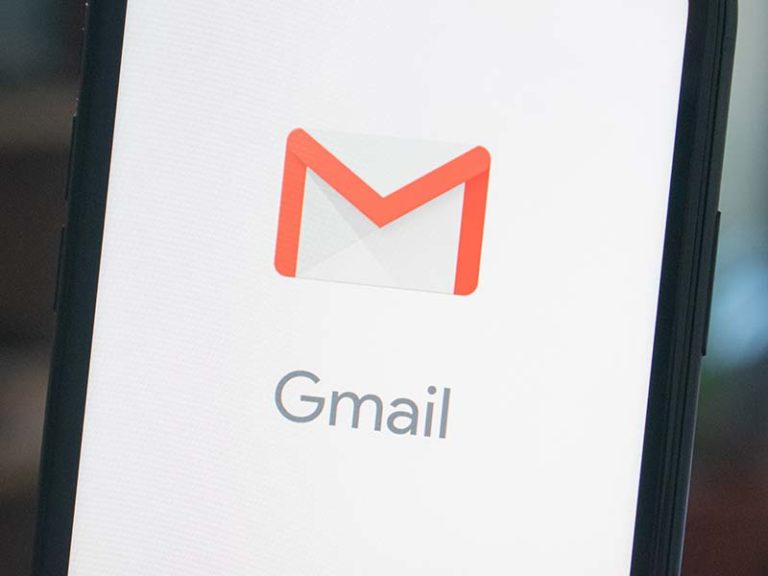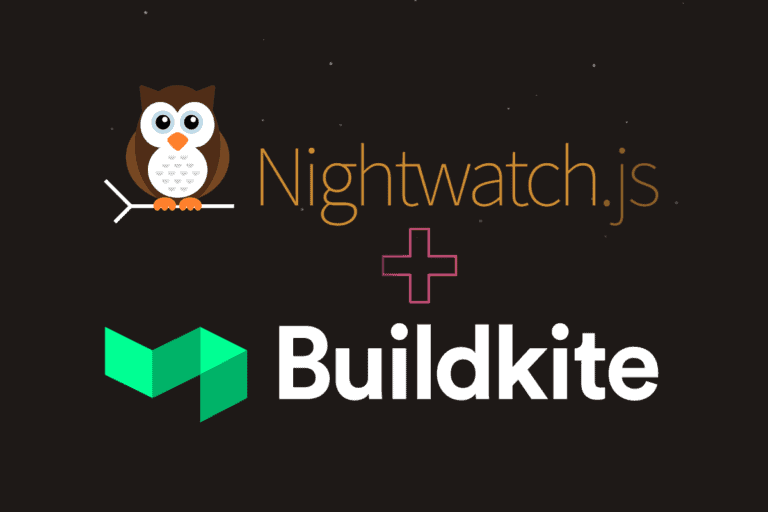I have a great site. Excellent content. Awesome features. My customers are going to love it, but where are they? And why does my competitor always rank above me in search results? You may find it’s because you have little to no links.
What do I mean by a link?
If you’ve ever clicked a Google result, then you have clicked a link. It’s the text that is often underlined and highlighted in a contrasting colour to the site you are on. Here’s one to yours truly as an example. Do they have value? Sure. Let me explain: when the internet was a wee lad, knee high to a grass hopper, it was just a bunch of pages of text. Links were used to navigate you around. For example: Imagine a simple directory of people. Now it was easy enough to have one long page with all the information on it, grouped by the first letter of each persons name. Wouldn’t it be helpful to have some letters at the top that you could click to quickly navigate around this page? The link was born! At first, these only navigated to anchor points in the page, but they soon became very useful to link to new pages and websites where more information could be found.
Why do they have value for us?
Search engines soon clocked on to the value of these links. If they could create a searchable index of all known links, then they could advertise at customers while they searched for websites. Google soon started making money by displaying sponsored links, ones that would appear at the very top of the page. A giant was born! So how is this valuable for us?
Search engines have advanced the way they load data into the website index. They don’t simply look around the internet sucking up all the web site locations they find. They have started to read the text around links, the content of the site it is on, the words used in the link text. Have you ever heard the phrase “a picture is worth a thousand words“? A link is just as valuable for your website! With a link, we can tell a search engine “a thousand words” about your site.
How to create a great web link
IMHO: A great web link is placed on a website that has related content to the link, is placed naturally in a paragraph, the sentence, and critically, contains some of the important keywords relating to the site or information it is linking to.
Let me give you an example for a surveyor friend of mine who runs a business in Surrey (who I’d highly recommend by-the-way). When looking for a surveyor that specialises in party walls, the first thing I would naturally do is use a search engine on my phone. Google recommends that they be members of the FPWS. They need to be reasonably near to where I am located too. Jonathan at Bluegrass Surveying ticks all the boxes of a Party Wall Surveyor located in Surrey, he lists his services, such as notices and agreements, with a clear list of his fees. He even offers free advice if you give him a call.
Lets analyse what we have done above. We’ve spoken about the topic and included it naturally in the paragraph. We haven’t overly repeated the key words. In the sentence with the link, we have included relevant information about the website, the services it provides, and some common keywords we want to target in search queries. Then most importantly, we’ve included our top search terms in the actual link along with a target area. Hopefully, we’ve dropped a path of bread crumbs for our search engine to pickup. It notice the link, value it’s actual text, check the sentence for more related clues and rate it’s relevance by the paragraph it is in. It will look even deeper than this, but we won’t go there in this post.
How do we know what links we have to our website?
A great place to look would be the Google Search Console or Bing Webmaster Tools. These are places we can look for insights into the links we have from other sites. Google even provides a list of the text used to link to your site. So get looking and asking those sites that refer to you to improve the quality of their links!
Can’t I just pay for a lot of sites to link to me?
Wouldn’t that be great! And sure, people do offer this service, but be assured, Google knows it too! Google is even collecting extra data from links to work out if it’s been paid for, so it can rank your site accordingly.
Where can I place my well crafted links?
If we carry on with our party wall surveyors analogy, a great place to start would be the Faculty of Party Wall Surveyors site. They hold an index of all their registered members on a find a surveyor page. If you look under Sidcup, Kent, you’ll find another of our recommended party wall surveyors, Charterhouse Surveying.
An old favourite of mine was to find subject related forums and place links to a site from there. Again, imagine the party wall surveyor trying to promote his business in Brighton. Have a look for a forum where there are related subjects. These might be roofing, extensions, conservatories or loft conversions, particularly if they are focused on the area you target (in this case, Brighton and Hove). The likelihood is that there are people asking about whether party wall notices are required. You may also spot areas where they might be needed and the poster hasn’t even considered it. If you can offer advice on the subject, put a link to the relevant page of your website. Remember to follow the rules of a well crafted link!
Posted by: Ian Brown
Ian is a Technical Lead for Iress, a global financial software leader. He is passionate about front end web development, enjoys coding in JavaScript & TypeScript and has the goal to make the web more accessible for those that are impaired visually or otherwise.
Did you appreciate this content? Did you find a typo? Do you have any tips that worked for you? Please leave a comment.



